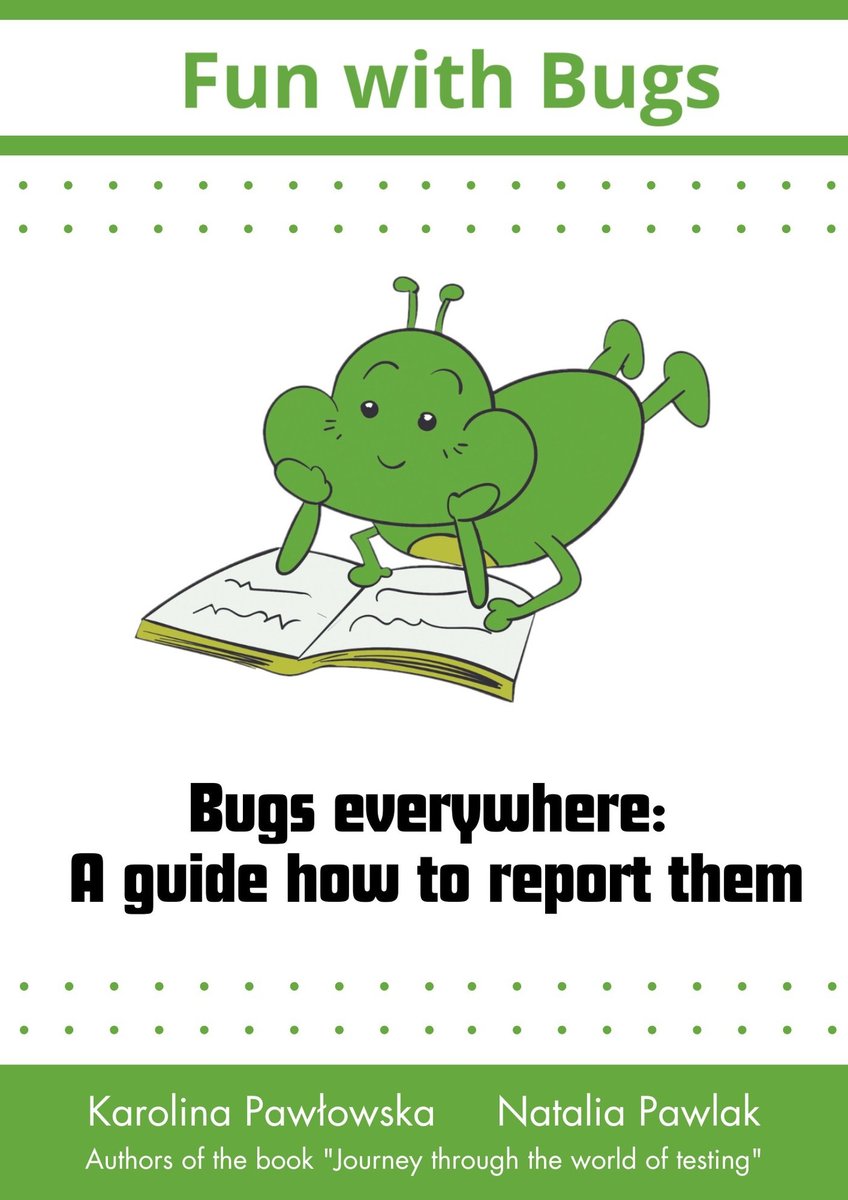1554
| Szczegóły | |
|---|---|
| Tytuł | 1554 |
| Rozszerzenie: | |
1554 PDF - Pobierz:
Pobierz PDF
1554 - podejrzyj 20 pierwszych stron:
Jan Dantyszek
WIRTUALNA BIBLIOTEKA LITERATURY POLSKIEJ
VIRTUAL LIBRARY OF POLISH LITERATURE
Jan DANTYSZEK (von H�fen, Dantiscus)
Prof. dr hab. Edmund Kotarski
Rodzina Dantyszka - von H�fen - wywodzi�a si� z Niemiec, ale ju� w XIV
wieku osiedli�a si� na Warmii, sk�d przyby�a do Gda�ska. Dziad poety w
mie�cie nad Mot�aw� zajmowa� si� powro�nictwem, st�d przydomek
Flachsbinder (niem. powro�nik); ojciec, Jan, by� browarnikiem i kupcem.
Przysz�y poeta i dyplomata urodzi� si� w Gda�sku (w�a�nie dlatego
podpisywa� si�: Dantiscus; polski odpowiednik: Dantyszek) w roku 1485.
Nauki elementarne pobiera� w szkole parafialnej w Grudzi�dzu, studiowa�
za� najpierw w Gryfii, nast�pnie w Krakowie, gdzie otrzyma� bakalaureat.
Ju� podczas studi�w zwi�za� si� z dworem kr�lewskim Jana Olbrachta; bra�
tak�e udzia� w wyprawie przeciw Tatarom i Mo�dawianom. W roku 1504
rozpocz�� karier� dyplomatyczn�, trwaj�c� niemal trzydzie�ci lat. Jako
sekretarz i pose� kr�lewski, jako ekspert w sprawach pruskich odby� liczne
podr�e po Europie, dotar� tak�e do Palestyny. Uczestniczy� mi�dzy innymi
- u boku kr�la Zygmunta I - w tak wa�nym wydarzeniu, jakim by� zjazd
wiede�ski 1515 roku. Bywa� na dworach Maksymiliana I i Karola V. Cesarzowi
Maksymilianowi zawdzi�cza� tytu� szlachecki, tytu� doktora obojga praw i
wawrzyn poetycki, a Karolowi V szlachectwo hiszpa�skie i medal wybity na
jego cze��. W latach 1524-1532 by� pierwszym sta�ym pos�em Polski w
Hiszpanii. Zako�czywszy karier� dyplomatyczn�, w roku 1532 powr�ci� do
kraju. W roku nast�pnym przyj�� �wi�cenia kap�a�skie i zosta� biskupem
che�mi�skim, w cztery lata p�niej - warmi�skim. Osiad� w Lidzbarku
Warmi�skim, gdzie stworzy� znacz�cy o�rodek nauki i sztuki. Zabiega� o
podniesienie poziomu duchowie�stwa, troszczy� si� o szkolnictwo na terenie
swojej diecezji, szczeg�ln� opiek� otoczy� zdoln� m�odzie�, kieruj�c j� na
studia. Jednocze�nie jako biskup przyst�pi� do walki z reformacj�: usuwa�
z granic swojej diecezji wszystkich sprzyjaj�cych reformacji, poleci�
niszczy� ksi��ki uznane za heretyckie. Zmar� w 1548 roku; pochowany zosta�
w Fromborku.
Dantyszek nale�y do grona najwybitniejszych poet�w polsko-�aci�skich.
Tw�rczo�� zacz�� od wierszy okoliczno�ciowych; nie zrezygnowa� z nich
tak�e w p�niejszych latach. Pisa� epitalamia z okazji �lubu Zygmunta I z
Barbar� Zapoly�, p�niej z Bon�, epinicia na cze�� kr�lewskich zwyci�stw,
epitafia i epicedia (mi�dzy innymi po zgonie biskupa Piotra Tomickiego).
R�wnolegle uprawia� poezj� parenetyczn�, moralizatorsk�. �wiadectwem tego
jest elegia Jonas propheta de interitu civitatis Gedanensis (Jonasz Prorok
o zag�adzie miasta Gda�ska), napisana w roku 1535 w zwi�zku z nasilaniem
si� wp�yw�w reformacji w Gda�sku. Poeta przedstawi� w niej obraz miasta
wiedzionego do zguby przez trzy potwory: Bezbo�no�� (tzn. reformacj�),
Pych� (uto�samian� z separatystycznymi d��eniami gda�szczan) i Zbytek
(b�d�cy aluzj� do upadku moralno�ci i dobrych obyczaj�w). W ten spos�b
wypowiedzia� swoj� opini� o mie�cie, zg�osi� pod adresem jego mieszka�c�w
powa�ne zastrze�enia. Szerszymi zagadnieniami zaj�� si� w poemacie De
nostrorum temporum calamitatibus silva (O kl�skach naszych czas�w),
opublikowanym w roku 1530 w Antwerpii, Bolonii, Kolonii i w Krakowie.
Autor podj�� tu problem niebezpiecze�stwa tureckiego i naszkicowa� wizj�
Europy od niego ju� uwolnionej.
Wyj�tkowe miejsce w dorobku poetyckim Dantyszka zaj�a Elegia amatoria.
Erotyk ten, znany tak�e pod tytu�em Ad Grinaeam (Do Grynei, 1518),
przynosi liczne odwo�ania do mitologii, ale tak�e wypowiedzi o charakterze
osobistym, wyra�nie autobiograficznym (w kontek�cie szerszych,
historycznych zdarze�), czym wpisa� si� poeta w humanistyczne tendencje
swojej epoki. Do rz�du osobistych wyzna� nale�y r�wnie� Vita Joannis de
Curiis Dantisci (�ycie Jana von H�fen Dantyszka), utw�r opublikowany
dopiero u schy�ku XVII wieku. Wolny niemal ca�kowicie od sztafa�u
antycznego, jest swoist� spowiedzi� cz�owieka u kresu drogi.
W roku �mierci poety ukaza� si� zbi�r Hymni aliquot ecclesiastici (1548).
Ksi�ga hymn�w (to polski odpowiednik �aci�skiego tytu�u) wyrasta�a z
tradycji �redniowiecznego pi�miennictwa, dok�adniej: hymn�w i pie�ni na
r�ne pory dnia i uroczysto�ci Prudencjusza, hiszpa�skiego poety
chrze�cija�skiego. Wyr�nia�a si� liryzmem i �arliwo�ci� religijn�. By�a
zarazem dowodem odwrotu poety od grecko-rzymskich wzorc�w literackich,
kt�rym wcze�niej ho�dowa�, od dzie� takich mistrz�w, jak Wergiliusz,
Owidiusz, Tibullus, Propercjusz, Stacjusz czy Horacy.Dantyszek’s family -
the von H�fens - came from Germany but by the fourteenth century they had
settled in Warmia (Ermland) from where they went to Gda�sk. The poet’s
grandfather was a rope-maker in the city on the Mot�awa and therefore was
nicknamed Flachsbinder (German: a rope-maker). Dantyszek’s father, Jan,
was a brewer and a merchant. The future poet and diplomat (Dantyszek) was
born in Gda�sk in 1485 (which is why he signed his works as Dantiscus, its
Polish equivalent: Dantyszek). He finished his elementary studies at a
parish school in Grudzi�dz, and studied first in Gryfia, then in Krak�w
where he was awarded a bachelor’s degree. It was during these studies that
he became associated with the royal court of Jan Olbracht and took part in
military expeditions against the Turks and the Moldavians. In 1504 he
started a career in diplomacy which lasted for over 30 years. As a
secretary to the King and a royal envoy as well as an expert on Prussian
affairs, he often travelled around Europe, and even went to Palestine.
Among other matters, at King Zygmunt I’s side he took part in such
important events as the Convention of Vienna of 1515. He frequented the
courts of Maximilian I and Charles V. Thanks to Emperor Maximilian he was
ennobled, received a doctorate in law, and poetic laurels. Thanks to
Charles V, in turn, he was ennobled in Spain and had a medal minted in his
honour. In the years 1524-1532 he was the first permanent Polish envoy in
Spain. Having finished his diplomatic career, Dantyszek returned to Poland
in 1532. He was ordained the following year and became the Bishop of
Che�mno and four years later- the Bishop of Warmia. Dantyszek settled in
Lidzbark Warmi�ski and founded there an important centre of art and
science. He strove to raise the intellectual level of the clergy, took
great care of the education of his diocese, and cared for especially
gifted young people by helping them to proceed with their studies. As a
bishop at the same time he started to fight with the Reformation. He
removed from within the boundaries of his diocese all who sympathised with
the Reformation and ordered the destruction of any books recognised as
heretical. He died in 1548 and was buried in Frombork.
Dantyszek belongs to the circle of the most outstanding Polish-Latin
poets. He started his creative activity by writing occasional poems and
never stopped, even in the later years. He wrote epithalamia for the
weddings of Zygmunt I and Barbara Zapolya, and later Bona, epinicia to
honour the King’s victories, epitaphs and epicedia (after the death of
Bishop Piotr Tomicki among others). At the same time he wrote edifying and
moralistic poetry. An elegy Jonas propheta de interitu civitatis
Gedanensis ("Jonah the Prophet on the Destruction of the City of Gda�sk"),
written in 1535 in connection with the escalating influence of the
Reformation in Gdansk, could serve as a testimony to this type of poetry.
The poet shows a picture of the city being led to its downfall by three
monsters: Lack of Faith (i.e. the Reformation), Pride (identified with the
separatist aspirations of Gda�sk’s inhabitants) and Luxury (an allusion to
the decay of morality and of good manners), thus expressing his opinion on
the city and addressing serious reservations towards its inhabitants. In a
poem De nostrorum temporum calamitatibus silva ("On the Disasters of Our
Times"), published in 1530 in Antwerp, Bologna, Cologne and Krak�w,
Dantyszek deals with wider issues. The author here takes up the subject of
the Turkish danger and sketches a vision of Europe already freed from it.
A special place in Dantyszek’s poetic output is occupied by Elegia
amatoria. This erotic poem, which is also known by the title of Ad
Grinaeam ("To Grinae", 1518), brings numerous allusions to mythology as
well as personal, clearly autobiographical, statements (in the context of
wider historical events) through which the poet inscribes himself in the
humanistic trends of the epoch. Vita Joannis de Curiis Dantisci ("The Life
of Jan von Hofen Dantyszek"), published only at the end of the seventeenth
century, also belongs to the genre of personal confessions. Almost
entirely free from the decor of Antiquity, the poem is a confession of a
man at the twilight of his life.
A collection Hymni aliquot ecclesiastici (1548) was published in the year
of the poet's death. "The Book of Hymns" grows out of the tradition of the
literature of the Middle Ages, more precisely from the hymns and songs for
various times of day and celebrations of Prudence (a Spanish Christian
poet). The collection is distinguished by its lyricism and religious
fervour. At the same time it is the poet’s turning away from Greek and
Roman literary models, to which he had earlier adhered, from the works of
such masters as Virgil, Ovid, Tibullus, Propertius, Statius or Horace.
BIBLIOGRAFIA - BIBLIOGRAPHY
- Dantyszek J., Carmina, wyd. S. Skimina, Krak�w 1950.
- Najstarsza poezja polsko-�aci�ska, oprac. M. Plezia, Wroc�aw 1952.
- Antologia poezji polsko-�aci�skiej, wst�pem opatrzy�a i oprac. A.
Jelicz, Szczecin 1985.
- Dantyszek J., Pie�ni, t�um. A. Kamie�ska, Olsztyn 1987.
- Skimina S., Tw�rczo�� poetycka Jana Dantyszka, Krak�w 1948.
- Nowak-D�u�ewski J., Okoliczno�ciowa poezja polityczna w Polsce. Czasy
zygmuntowskie, Warszawa 1966.
- Zab�ocki S., Poezja polsko-�aci�ska wczesnego renesansu, w: Problemy
literatury staropolskiej, pod red. J. Pelca, seria druga, Wroc�aw 1973.
- Nowak Z., Jan Dantyszek. Portret renesansowego humanisty, Wroc�aw 1982.
CARMINA
BIOGRAMY
WIRTUALNA BIBLIOTEKA LITERATURY POLSKIEJ
VIRTUAL LIBRARY OF POLISH LITERATURE
OPRACOWANIE: MAREK ADAMIEC










